Acidity and gas are frequent gastrointestinal issues many experiences, which may significantly impact their daily lives. Despite the abundance of treatments offered by modern medicine, Ayurveda is gaining popularity due to its comprehensive approach to health and well-being. The ancient Indian medicine system of Ayurveda has several natural solutions for gastrointestinal problems. To improve digestion, Ayurveda recommends modifying one’s diet, lifestyle, and medical regimen to balance the body’s energy levels. This article will teach you about Ayurvedic acidity and gas remedies and their success. Improve your digestive health with these easy, all-natural techniques.
What Causes Gas & Acidity?
Eating Habits:
• Overeating, rapid eating, fatty, greasy, or spicy foods.
• Poor chewing of food.
Lifestyle Factors:
• Excessive consumption of caffeine, alcohol, carbonated beverages, smoking, and anxiety.
Medical Conditions:
• Gastroesophageal reflux disease (GERD) and Helicobacter pylori bacteria damage the stomach layer.
Food Types:
• Consumption of cabbage, lentils, peas, and dairy products can cause excess gas release.
Importance:
• Identify specific causes for symptoms.
• Consult a healthcare provider if persistent issues persist.
Foods That Can Cause Gas and Acid Reflux
• Avoid citrus fruits: oranges, lemons, grapefruits, and limes.
• Consume tomato products: sauces, salsa.
• Avoid caffeine: coffee and teas.
• Avoid alcohol: sodas.
• Avoid fatty and fried foods: they cause stomach acid leaks.
• Avoid spicy foods: they intensify heartburn.
15 Ayurvedic Remedies for Gas and Acidity
Asafoetida/Hing

There are several applications for the digestive stimulant Hing, known as asafoetida. The capacity of this product to regulate bowel movements, enhance liver function, and promote more abundant and high-quality gastric acid production may make the digestion of carbohydrates, fats, and proteins easier. It is believed that ting’s many beneficial characteristics may alleviate various gastrointestinal problems, such as gas, irritable bowel syndrome (IBS), and an upset stomach. Some of the many functions shown by these traits include relief from inflammation, infections, spasms, laxatives, flatulence, and germs. Some say it works best when added to difficult-to-digest foods or taken on an empty stomach with a glass of water. However, if you have chronic stomach troubles while taking Hing, it is essential to see a doctor.
Curd
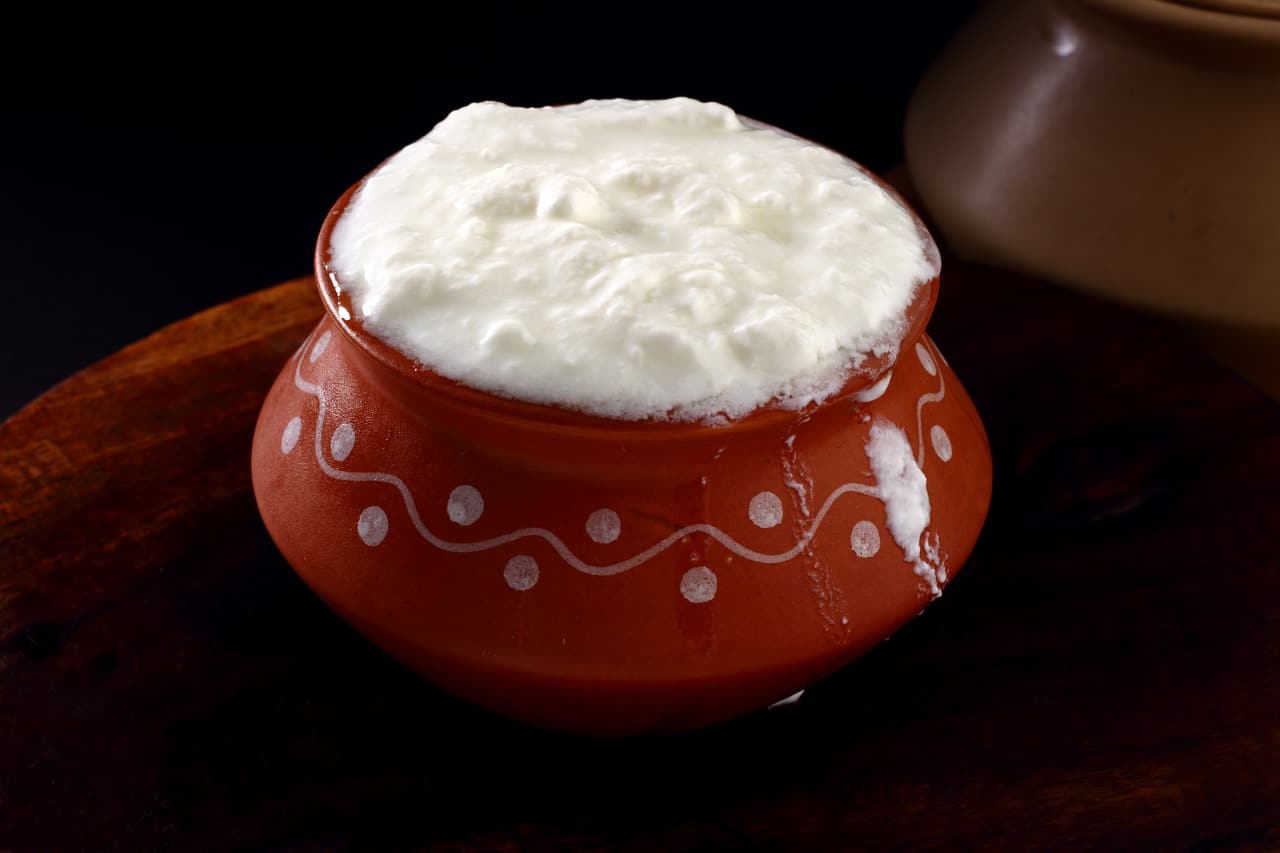
With its abundant good bacteria, curd is an excellent complement to a healthy diet. It may make the digestive system more nutritious, and people may have fewer acid reflux, heartburn, and gastroesophageal reflux disease (GERD) symptoms. While simple, unsweetened curd is generally a healthy option, it has the potential to induce gas, bloating, and acidity on occasion. Consult a healthcare provider for more personalised advice.
Amla/Gooseberry

Ayurveda prioritises amla, or Indian gooseberry, due to its anti-inflammatory and antioxidant characteristics. This medicine has the potential to lessen acidity and indigestion. Its high vitamin C concentration may also help lower stomach acidity. Amla is an excellent dietary supplement for controlling acidity and gas and has many other positive health effects.
Coconut Water
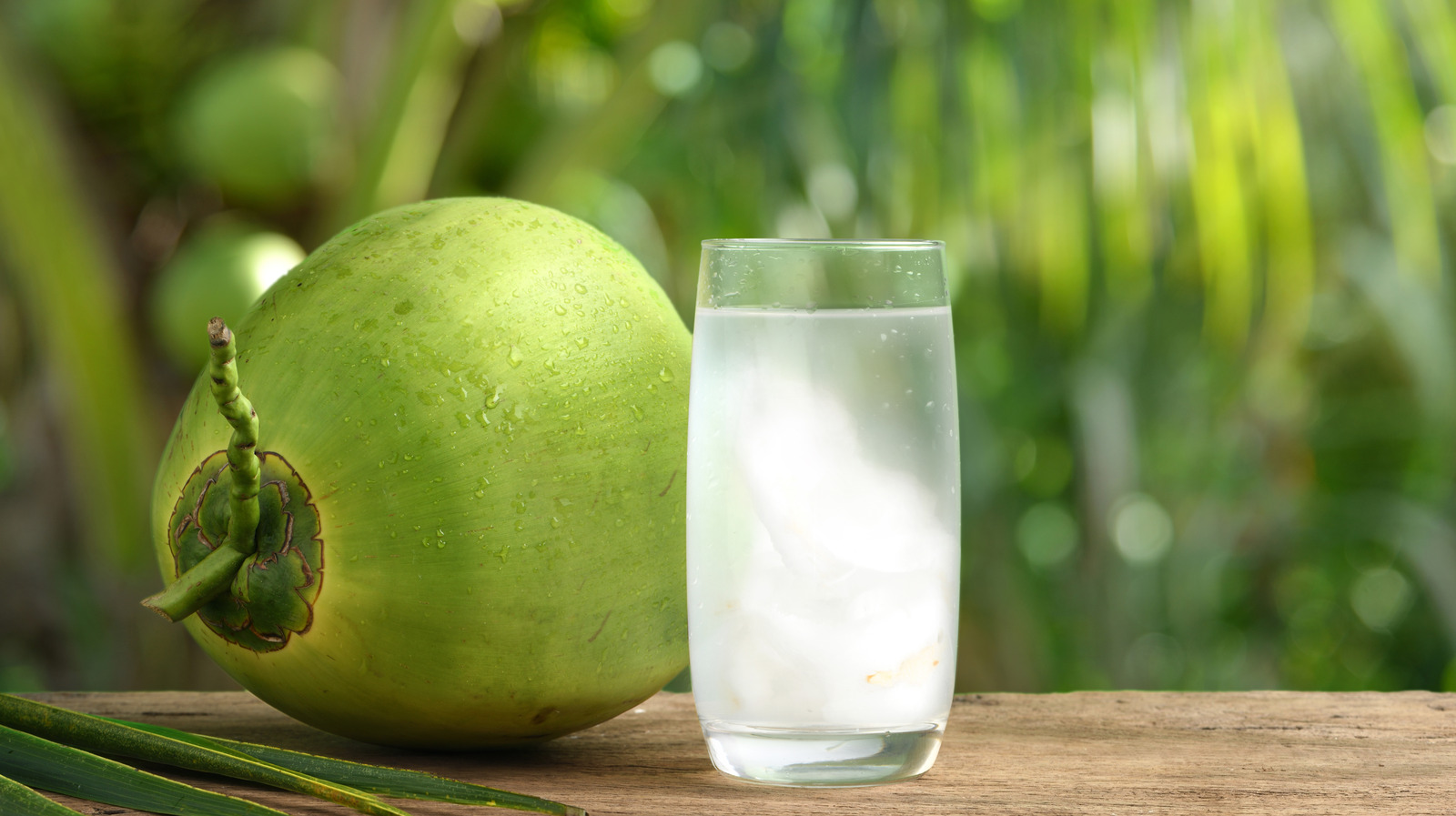
According to researchers, coconut water may help with acidity and flatulence. It allows the stomach to produce its protective mucus lining, shielding it from acid and assisting in acid reflux prevention. The high fibre content of this product makes digestion more manageable and helps prevent acidity. Relieving problems in this manner is revitalising and completely natural.
Ashwagandha
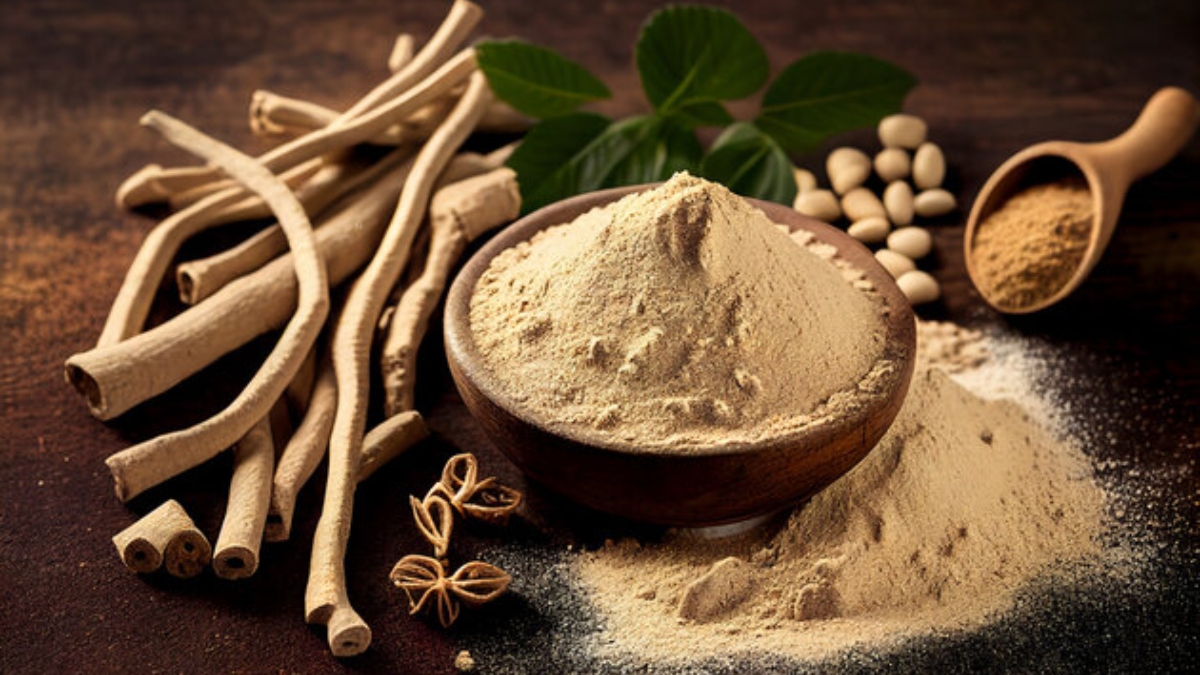
Ashwagandha may lessen the symptoms of gastroesophageal reflux disease (GERD), including heartburn and acid reflux, by decreasing the production of stomach acid. However, some people may have gastrointestinal distress due to the increased production of gastric acid. Ask your doctor or pharmacist for advice before starting any new supplement, especially if you’re worried about stomach acid or gas.
Licorice root
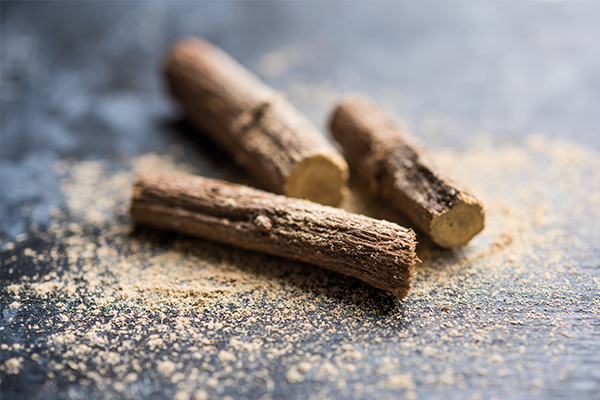
According to preliminary research, this licorice root extract may help reduce GERD symptoms. This claim emphasises the likelihood that this product will alleviate GERD, heartburn, and indigestion. It highlights its protective role against acid erosion of the oesophagal lining and its promotion of mucus activity. This natural antacid may help with digestive problems, but before you use it or any other supplement, you must be sure it won’t harm you and talk to your doctor.
Mint
:max_bytes(150000):strip_icc()/104307271-58a6fafe5f9b58a3c91b6b7e.jpg)
If you’re experiencing heartburn or acid reflux, take some mint leaves. Mint leaves, including menthol, are known to be calming, which gives them a cooling effect. Many have found that these components help with digestive issues like gas, acidity, and stomach cramps. Not everyone can benefit from mint’s oesophagal muscle-soothing effects, which may even worsen symptoms of illnesses like gastroesophageal reflux disease (GERD). Get advice from a doctor or nurse if you need help with what to do.
Fennel Seeds
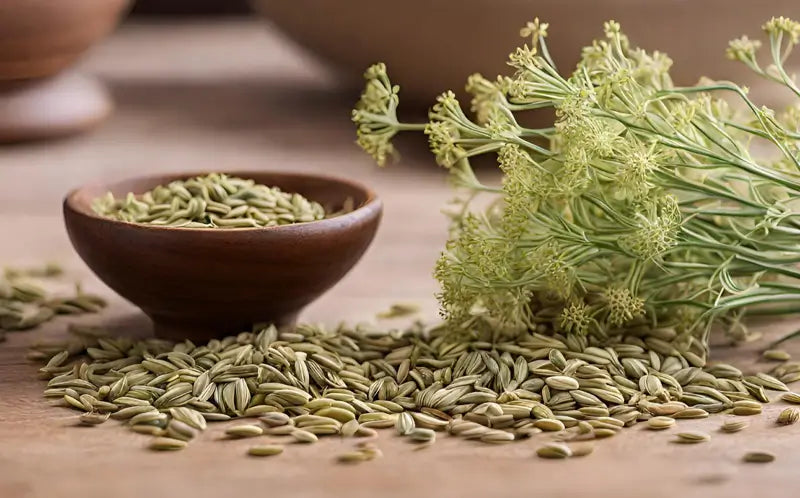
Fennel seeds have several uses for gas and acidity, including lowering inflammation and soothing the intestines and stomach. Fennel contains the chemical anethole, which may help digestion. It has other uses, such as mending ulcers and relaxing the stomach. Chewing on fennel seeds or consuming fennel juice might help with acid reflux and indigestion. You should see a medical professional if your GERD symptoms do not improve after a few days.
Cumin Seeds
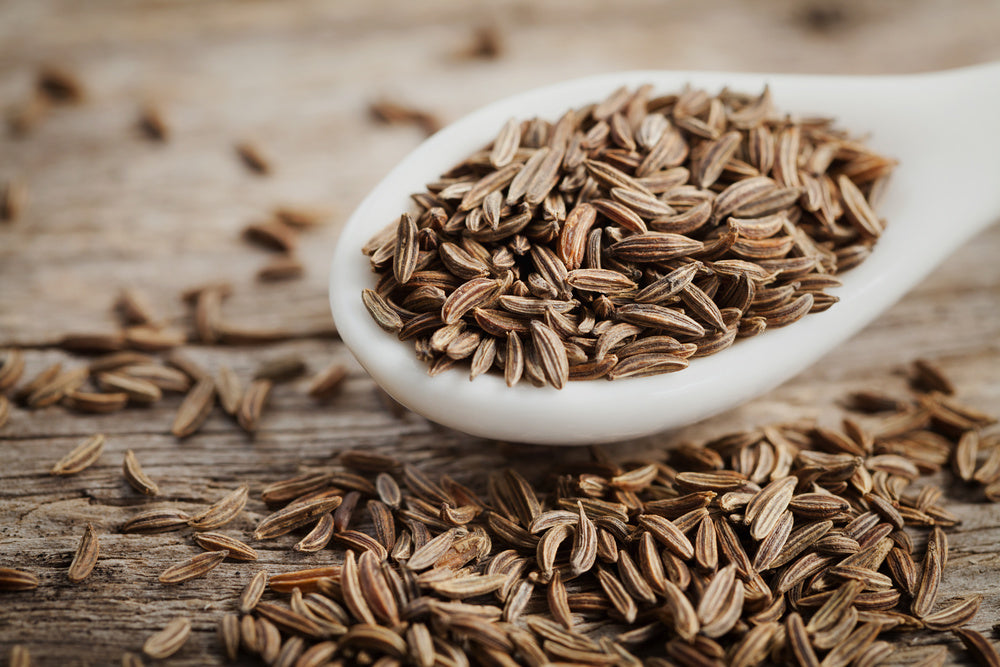
Cumin seeds help soothe the stomach lining, decrease burning feelings, and help with gas and acidity. The natural oils in these items have the potential to aid digestion by stimulating the salivary glands. If you get gas after eating, try drinking some cumin seed water. The thymol found in cumin helps the digestive process by increasing the synthesis of bile, digestive acids, and enzymes. Try eating black cumin seeds if you have trouble controlling your stomach acid. If your symptoms do not improve after some time, it is best to see a doctor.
Ginger

Ginger is a natural remedy for gas and acidity in the digestive tract. According to the researchers, it aids gastric motility and reduces symptoms, including nausea, vomiting, and constipation. This article teaches us about phenolic chemicals and other antioxidants that may lessen inflammation and acid production in the stomach. For modest symptoms, small doses may be safe; nevertheless, further research is required to confirm its efficacy. See a doctor if your symptoms persist or become worse over time.
Jaggery

As a digestive aid, jaggery helps with regular bowel motions, reduces constipation and gas, and increases the release of digestive enzymes. Further benefits include easing intestinal tension and improving peristaltic movements, which facilitate the transit of waste products. If you suffer from either acute or chronic constipation, you may get relief by using jaggery. But if you’re dealing with chronic gastrointestinal issues, it’s best to drink it in moderation and see a doctor.
White Pumpkin Juice

The high water content of white pumpkin juice helps detoxify the body and maintain gut health, making it beneficial for managing gas and acidity. This beverage’s alkalising properties can provide relief from acidity and heartburn. Half a cup of this drink twice daily is suggested for a speedy recovery from gastritis and acidity. This product can effectively balance stomach pH levels and relieve digestive discomfort. It is advisable to seek guidance from a healthcare professional for persistent concerns.
Buttermilk

Buttermilk is a widely used solution for gas and acidity because of its high lactic acid content. This helps with digestion and alleviates acid reflux symptoms. Its probiotics help prevent gas buildup and bloating, supporting healthy nutrient digestion and absorption. Buttermilk may assist with acid attacks more often if you take it after meals every day, although it may not work for everyone. If your worries persist, it is wise to see a medical expert.
Banana

Bananas are helpful for acidity management as a natural antacid and a source of the mucus that covers the stomach lining. While the potassium in them helps keep the stomach from being too acidic, the sorbitol and soluble fibre in them could make you bloated and gassy. Ripe bananas work better for acid reflux. If you notice any persistent side effects, it’s best to check in with your doctor.
Cardamom

The carminative qualities of cardamom make it a popular natural medicine for acidity and gas, alleviating bloating and other gastrointestinal problems. In addition to easing gas pain, the relaxing effects on the gastrointestinal muscles brought about by the product’s essential oils help speed up digestion. By relieving the inner lining of the stomach and improving digestion, cardamom may decrease the incidence of stomach acidity. If your symptoms linger after trying this in tea or boiling crushed pods, it’s best to see a doctor.
Conclusion
Say goodbye to gas and acidity with Ayurvedic remedies. Integrating Ayurvedic acidity and gas remedies into your daily routine may benefit your digestive system and general well-being. A regular diet rich in ginger, fennel, and cumin may alleviate gastrointestinal issues, aches, and pains. Adjusting one’s lifestyle, such as practising yoga or eating with more awareness, may increase the efficacy of these treatments. If you follow these time-tested methods, maintaining a healthy digestive system is easy and will significantly impact your vitality and health.

